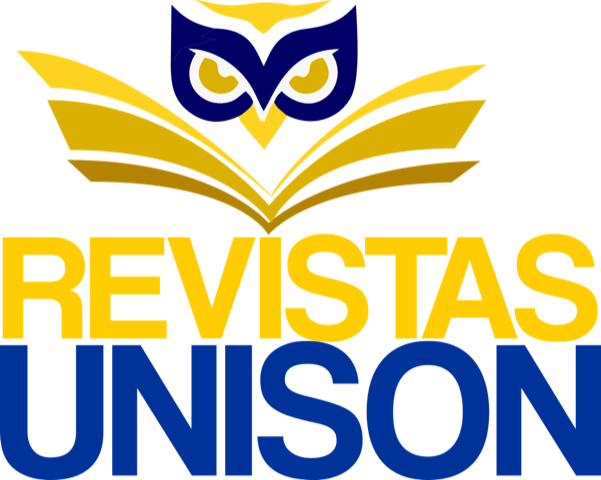About the Journal
Focus and scope
Biotecnia publishes national and international scientific contributions in English and Spanish, with the understanding that all submitted manuscripts are original and unpublished. The evaluation of the scientific content and quality of the received manuscripts is done using a double-blind strategy by at least two specialized referees, who can be from the journal’s internal group or external. The reviewing process is under complete anonymity. Manuscripts or contributions are the products of original research or bibliographic reviews in the Farming Sciences, chemistry, biochemistry, and associated sciences, Biomedical, Nutrition, Physical and Sports Sciences, Toxicology, Food Science and Technology, Biology, Natural Resources and Conservation of Natural Resources. Biotecnia does NOT publish technical reports, critics or opinions, biographies, etc.
Biotecnia’s objective is to create a space for discussion and divulgation of results and advances of high-level original research. Consequently, the journal focuses on researchers or academics in the areas mentioned above.
Biotecnia journal is edited and supported by the Biological and Health Sciences Faculty at the University of Sonora in Hermosillo, Sonora, Mexico.
Peer review process
The editor receives manuscripts sent by an editorial committee member, then analyzes them for compliance with the journal’s criteria, and originality is evaluated using the antiplagiarism software iThenticate. Afterward, the manuscript evaluation by the expert referees, according to the work area, continues. Here, the referees receive the manuscript without names or institutions of the authors. Within one month, each referee sends the verdict to the editor or editorial committee, which can be accepted without any change, minor corrections, major corrections, or rejection. If the manuscript is accepted with corrections (minor or major), authors decide to accept or refute using solid arguments for each of the observations received by the referees. The referees then re-evaluate the final version of the manuscript. Upon its acceptance, the authors are notified. The accepted manuscript goes then through the edition phase, where the format is adjusted to the journal. Once the page proofs are available, they are sent to the authors for a final revision, after which it should be returned within 5 working days.
Open access policy
This journal provides open-access content based on the principle that offering the public free access to research helps a more significant global knowledge exchange.
Digital preservation policy
The journal establishes the next work model to ensure the long-term accessibility and disponibility of its contents.
Definitions
This policy was developed according to the concepts established by UNESCO on the Charter on the Preservation of the Digital Heritage (https://unesdoc.unesco.org/ark:/48223/pf0000179529.page=2) and the Concept of Digital Preservation (https://es.unesco.org/themes/information-preservation/digital-heritage/concept-digital-preservation).
Digital heritage
Is formed by the informatic material of enduring value worthy of being preserved for the future generations, and comes from different communities, industries, sectors, and regions. Not all the digital materials own enduring value, however, those which do, need active conservation methodologies to keep the continuity of digital heritage.
Digital preservation
Digital Preservation consists of processes assigned to guarantee the permanent accessibility of digital objects. For it, it is necessary to find appropriate ways to represent what originally was shown to users through an equipment and system ensemble that allows data processing.
Resource
By resource is known any digital object that contains information organized and structured to be understandable by a human, whether it is available as a scientific article, review, general document, audio, video, or others. A resource can be a compound of one or more computer files, which must be preserved and managed no matter its format or location.
OAI-PMH Interoperability
BIOTECNIA journal has the URL https://biotecnia.unison.mx/index.php/biotecnia/oai?verb=ListRecords&metadataPrefix=oai_dc where it is possible to transmit metadata via OAI-PMH in Dublin Core format.
Contents transformation policy
Then, items which this policy is composed of are described below.
Transformation authorization
The journal editor will be in charge of ensuring that the authors issue an authorization so that the postulated resources can be transformed with regarding its computer format to guarantee the integrity of the content, as well as its long-term accessibility, regardless the evolution of hardware, software or the system's versions where the resources are currently represented.
Acceptable formats
The journal editor must notify the authors, as an integral part of their editorial policies, the computer formats in which they must deliver the research documents, which that at least must satisfy with the next requirements:
-
The formats must allow a free process by other systems to its later representation.
-
The documents (or the formats) must not be locked or blocked that impede to extract the information and its elements. For example, passwords, encryptions, or other complications that we do not have access to.
Transformation process
The editor in chief must follow, as far as possible, the recommendations established by the standard ISO15721:2012 (Open Archival Information System - OAIS), concerning the contents transformation processes, that must at least satisfy the next requirements:
-
An annual integrity review of the resources must be done.
-
To guarantee that the new resources generated from the established date since the publication of this policy, have at least one version in an open format that should include the complete content, for instance: XML, HTML, etc.
Similarly, the formats in which the resources are saved must be analyzed to know its validity and when a format transformation should be done.
General preservation policy
The General Preservation Policy is supported by the Universidad de Sonora, as the publishing entity, will provide the necessary services and resources to ensure the long-term disponibility and accessibility of the resources.
This policy will be implemented by the Information Technologies Area, under supervision and reporting by the Journal Chief Editor.
These actions must follow, as far as possible, the standard ISO 14721:2012 (Open Archival Information System - OAIS).
Within these minimal actions, are found the next ones:
-
Perform permanent security actions:
-
Published archives visibility revision.
-
Resources revision with an antivirus system.
-
Execution of a monthly digital security protocol over the editorial management system.
-
-
Establish a response commitment in case of a disaster:
-
Inform the authors and readers of the steps to follow in case of detecting a damaged document.
-
Inform that in a disaster case, the journal is committed to restoring its contents within no more than 30 calendar days.
-
In case of the resources given by the author are tainted or affected by a computer virus, the journal will inform the author within no more than 5 business days.
-
-
Carry out the extraction of all the resources to external systems (such as LOCKSS service, inter-institutional agreements, cross-back of information, or similar).
-
Carry out the extraction of all the resources to institutional systems (external hard drive or different institutional servers than the one where the journal is hosted).
-
The realization of a comprehensive semi-annual backup of the journal to physical media must be stored in other geographic locations that the main and mirror servers are located. This comprehensive backup must include:
-
A complete backup of the application installed on the production environment.
-
A complete backup of the source code of the application installed on the production environment, including technical documentation.
-
A complete backup of the database of the production environment in the format handled by the database server.
-
A complete backup of the archive and documents.
-
Database backup in text format or SQL standard.
-
-
An annual publication related to the digital preservation activities carried out.
Sponsors
Biotecnia journal is edited and supported by the Biological and Health Sciences Faculty at the University of Sonora, in Hermosillo, Sonora, Mexico.





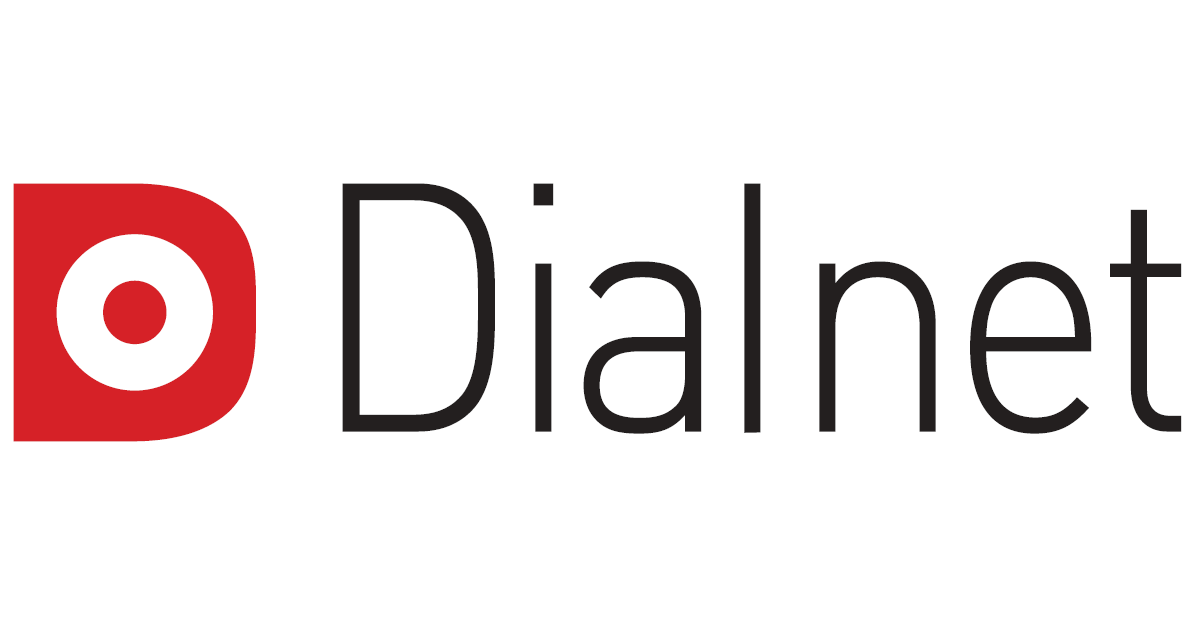

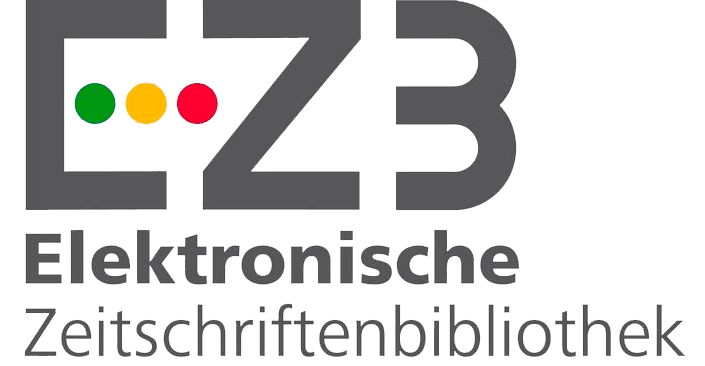


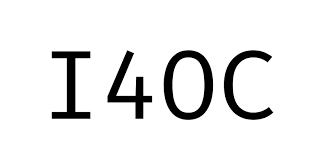


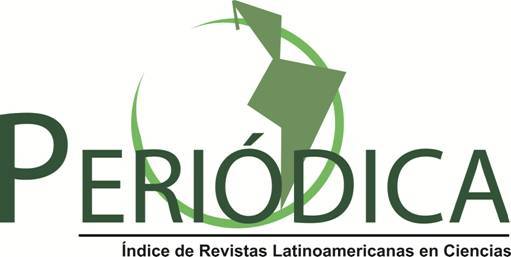

_(2).jpg)





